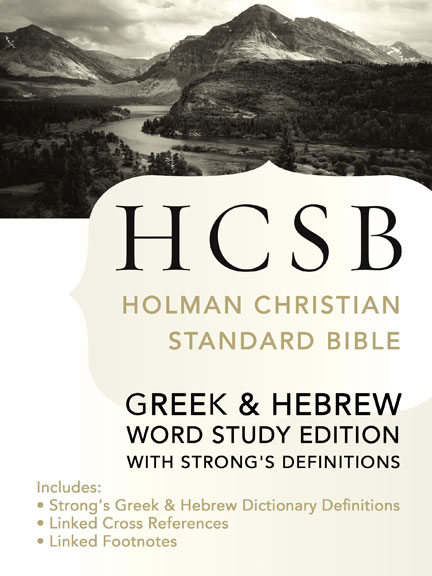I have been pursuing renewable energy for the last few years. I'd like to go off grid one day. I figured the best way to start down that road was to develop the backup generator, what I use for power when the sun isn't shining and the wind isn't blowing. Naturally, I cannot make gasoline or diesel or propane, but I can generally find wood. So drawing on almost a hundred years of gasification history, I decided to start by building a gasifier. All Power Labs (gekgasifier.com) offers designs and kits for their GEK, Gasifier Experimenter's Kit. I opted to go with the weld-it-yourself kit.
A gasifier in short is a device which burns wood to produce a flammable gas composed most importantly of carbon monoxide and hydrogen. It does this by oxidizing the wood into carbon dioxide and water and then through a hot bed of charcoal, reducing them into carbon monoxide and hydrogen. These can be burned to produce heat or in a combustion engine to produce power. The gas cannot be stored for any length of time.
My plan is to use this gasifier to power a generator, probably something like a Kubota DG972 attached to an alternator or DC motor in generator mode to charge a battery during times when extra generation is needed. In this way, I can produce electricity with no input of fossil fuels outside the engine lubricants (I use synthetic oils anyway).
I made a video of the first run.
Here is a picture of the flare red hot after dark.
This is about the highest recorded temperature I saw:
A gasifier needs to run well above 800C to keep from producing tarry smoke. There is also a high temperature to be avoided as well because the ash will solidify and clog up the works.
Normally, the cyclone empties in to a Mason jar, but I just put a cap on the bottom since I wasn't going to run it for long. Here was the result:
The next job to do is figure out the engine, then a control system. The APL people have figured out how to do all this and now produce 10, 20, and 100 kW machines ready to run. I plan on doing it a bit cheaper though. After that, batteries, inverters, solar panels, wind turbines and the list goes on.
One other thing, I'd love to do co-generation for this project. What I'd do is capture the waste heat from the engine exhaust and coolant and use it to heat water to provide domestic hot water and heat for my house. It will be a pretty complex system, but in some places, heat and power are expensive and/or time consuming. As I've mentioned before, loving your neighbor involves avoiding the production of noxious chemicals they have to breathe.




